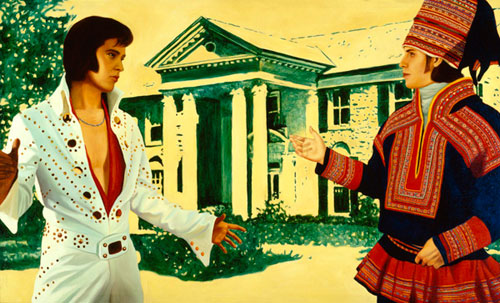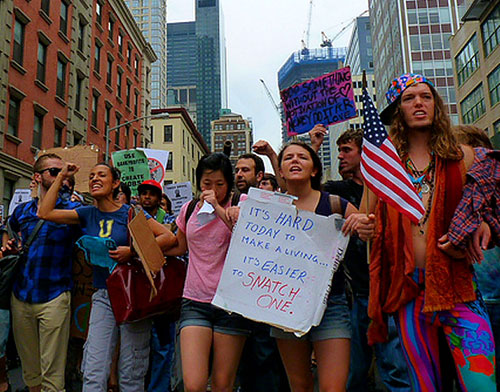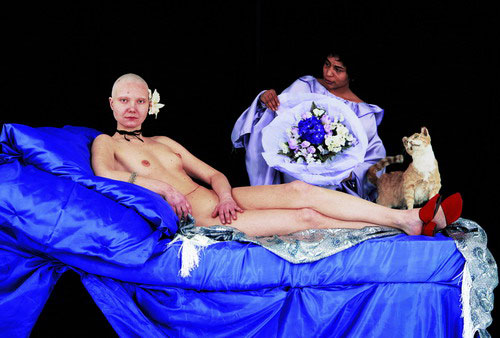What happens when you erase the borders between nations? That is, we have no real frontiers: the flow of information around the globe is determined by the geographical location of your participation in the real world and is becoming less important or recognizable. The faces of the world change. A Spainard loses his identity as well as a Pakistani or an Egyptian or a German: the geographical features of the body will dissolve with the next generation and no one will know where we come from, we will all be all patriots of the great network of information, perhaps united but with a lack of races and creeds, maybe…

Part of the flow of territories and information declines in real or imaginary cities. The fiction of the city is based on its products and its people, their ability to make everything believable and accurate to produce and consume. But what happens if we create a fictional reality within the virtual world?The Xijing collective proposal presented in the Piazza San Marco, seeks to challenge these strategic building networks of real and fictitious economies, as we have come to believe, or have been led to believe that the degree of likelihood of all there is is accessible when the final part is not. Are the notions of equality likelihood in the East and West?
The exhibition is organized by the Xijing Bevilacqua La Masa Foundation and Arthub Asia, a nonprofit organization dedicated to the production of art in Asia. This is the first exhibition devoted to the Xijing art collective, a team of participating artists: Shaoxiong Chen (China), Tsuyoshi Ozawa (Japan) and Gimhongsok (South Korea). The exhibition shows the quixotic” Xijing project universe ” , as defined in this exhibit, a world of meetings, places, and narratives that intertwine,
But what exactly is Xijing? Does it really exist? Is it fiction? For Xijing (meaning capital in the west) exists in a fictional geopolitical axis in direct correspondence to the cities of Beijing, Nanjing and Dongjing / Tokyo. Thus, conceived as a progressive scan of five opened chapters, the Xijing project is a kind of literary exercises in geography and fictional imaginatary mapping, where the tour or trip occurs within a symbolic territory, where connections between spatiality and identity are the result of an ongoing collective production. The project, developed over the past 5 years in various contexts (galleries, museums, alternative spaces for art), is presented in various formats and means of representation.
To learn more about Xijing: http://arthubasia.org/archives/xi-jing-bevilacqua-la-masa-venice-announcement/
 Alexa Ray
Alexa Ray
The best option is to get apartments in Venice and explore this fictional world which is closer to Asia. Xijing promise not only of the production of art processes, but the ways in which reality is constructed from apparent palpable fictions.

 English
English Translated by: Marc
Translated by: Marc


